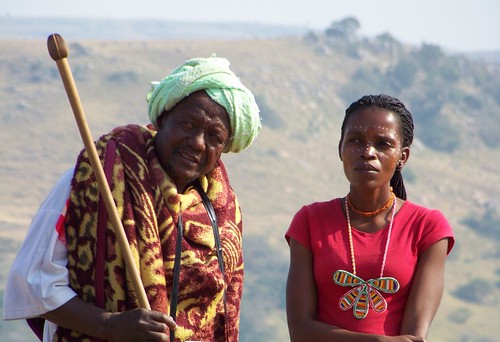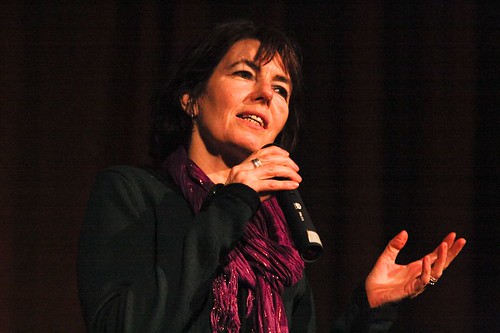
A few weeks ago I participated in the selection committee for the Alter-Cine Foundation which lends modest but sometimes crucial support to filmmakers in Southern countries. The foundations criteria specify that it favours projects which support human rights and give a voice to people who are powerless or victimized. And of course projects which have a creative edge.
Over the ten years of its existence, the foundation has given grants of $5,000 or $10,000 to some 32 film projects in Latin America, Asia and Africa. Many of these films have had a successful career in festivals. This year, 67 projects were submitted from 35 countries. In the end, we decided to support three projects.
The first grant of $10,000 was awarded to South African filmmaker Ryley Grunenwald for her project Sands of the Skei Queen. The film will tell the story of the Mpondo community to defend its ancestral lands, cultural identity and way of life in the face of a giant titanium mining project. Corruption and intimidation by a multinational with the complicity of the South African government are part of the dramatic story.
The second grant of $5,000 went to the Indian filmmaker Fahad Mustafa for his project Powerless. It’s a look at the many different facets of the electricity crisis in Kanpur, India’s leather capital, which experiences frequent power cuts and deadly accidents as citizens climb electricity poles to connect cables of their own to the grid. It shows the energy crisis in a third world city in all its complexity and promises to be a terrific film. We also supported a third film which is being shot in difficult circumstances. For this reason, the author and title cannot be mentioned at this time.
To contribute to the Alter-Cine Foundation and allow it to continue supporting films in Southern countries, go to this site. The Alter-Cine Foundation was started in memory of my friend and colleague Yvan Patry, who passed away in 1999. It is run by his life partner Danièle Lacourse, also a good friend and ally. Together the couple produced and directed numerous films and television reports about human rights issues in some of the toughest places on the planet.
Thanks to Tobi Elliott for her help with the blog.

